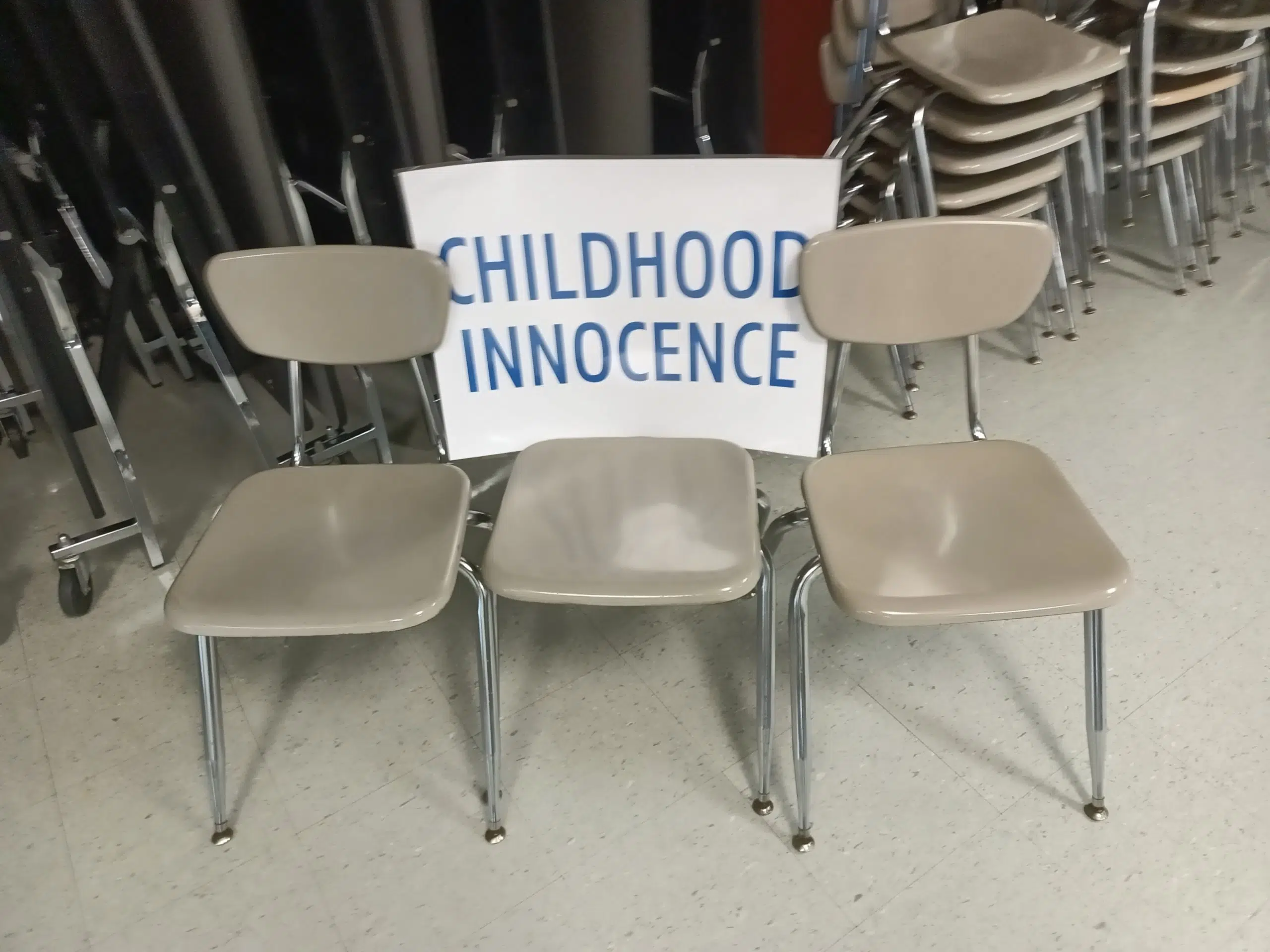Story by Kevin Woodard
Cities 92.9 spoke with parents after the First Reading, parents who spoke in public comment advocated on preserving childhood innocence.
Amberly Hurst questioned the timing of implementing the program.
“With academia struggling and in great decline, is this the right time to put extreme focus on “gender identity” (and all that entails) and all the ways to seek sexual pleasure? ” she asked.
According to Illinois Policy, Illinois high school juniors saw greater declines in their standardized test scores from 2019 to 2021 compared to other school years, with math scores dropping nearly 15% and reading scores dropping 9%.
During open comment speakers spoke out in opposition to the program.
Toni Goriell spoke first. During her three minutes she addressed Comprehensive Sexual Education (CSE).
“CSE is highly explicit and promotes promiscuity and high risk sexual behavior to children … CSE has an almost obsessive focus on teaching children how to obtain sexual pleasure in different ways including masturbation,” said Goriell. “These Comprehensive Sexual Education programs are anything but comprehensive. They fail to teach children about all of the emotional, psychological and physical health risks of promiscuous sexual activity. The ultimate goal of CSE is to change the sexual and gender norms of societies.”
 Also at public comment was Mary Carlisle who asked, “Instead of wasting time drawing up an equity action plan or wasting time with Comprehensive Sexuality Education, why aren’t you dedicating all of your time developing plans to get all students up to reading and math proficiency? Why isn’t that your primary focus and objective? Why are you getting sidelined with unimportant things? Your primary focus should be making sure that all children are proficient in writing, reading and arithmetic at all grade levels. That’s what taxpayers expect.”
Also at public comment was Mary Carlisle who asked, “Instead of wasting time drawing up an equity action plan or wasting time with Comprehensive Sexuality Education, why aren’t you dedicating all of your time developing plans to get all students up to reading and math proficiency? Why isn’t that your primary focus and objective? Why are you getting sidelined with unimportant things? Your primary focus should be making sure that all children are proficient in writing, reading and arithmetic at all grade levels. That’s what taxpayers expect.”
Karl Sila addressed the board saying, “Attendance at Unit 5 is down 10% from recent high numbers. Why is that? Parents are taking kids out. … They are going to private schools. They’re going to home schooling. Do you think those parents are going to pay for their education twice because they are paying here and for private school?”
Audio PlayerCiies 92.9 asked Superintendent Dr, Kristen Weikle how she would respond to the persons that spoke tonight regarding this matter and this is what she had to say.
Audio Player“It was a first reading and so our policy practice is that we have two readings; the first and the second. So the board didn’t take any action tonight. All but one of the admin procedures are procedures that we have had in place for years. So they are not necessarily anything new. They were updated though in response to new legislation and rather than adopting maybe what some districts are, which is K-12, we specifically pointed out that we only teach sex-ed in eighth grade and ninth grade,” said Weikle.
This writer followed up by asking about the one Administrative Procedure that was new and Weikle responded, “One is just an admin procedure regarding, it’s related to the new legislation and it’s about the national sex-ed standard. Our understanding is that the Illinois State Board of Education was supposed to come out with standards for Illinois based on those national standards so what we are waiting for is the standards to come out.”
Public Act 102-0522 has a provision that says schools “may” adopt the NSES. In legal documents, there is an important distinction between “shall” and “may.” “Shall” is a command; whatever follows after “shall” is mandatory. It is required; it must be done. On the other hand, “may” is discretionary; what comes after “may” is optional; it is at the discretion of the person making the decisions.
Advocates for Youth created this “National Sex Education Standard.” Advocates for Youth is a nonprofit organization and advocacy group based in Washington, D.C.
The State of Illinois worked with this advocacy group and created Public Act 102-0522.
Continuing to follow up we asked Weikle for clarification regarding what was presented in the first reading was based on and she said, “It’s based on the new legislation which references the national standards. For us, and this is what I was trying to be clear, we only teach sex-ed as part of health curriculum in eighth and ninth grades. And so our high school health teachers they are working , they are in the process right now of what are the parts that we need to embed in our curriculum.”








